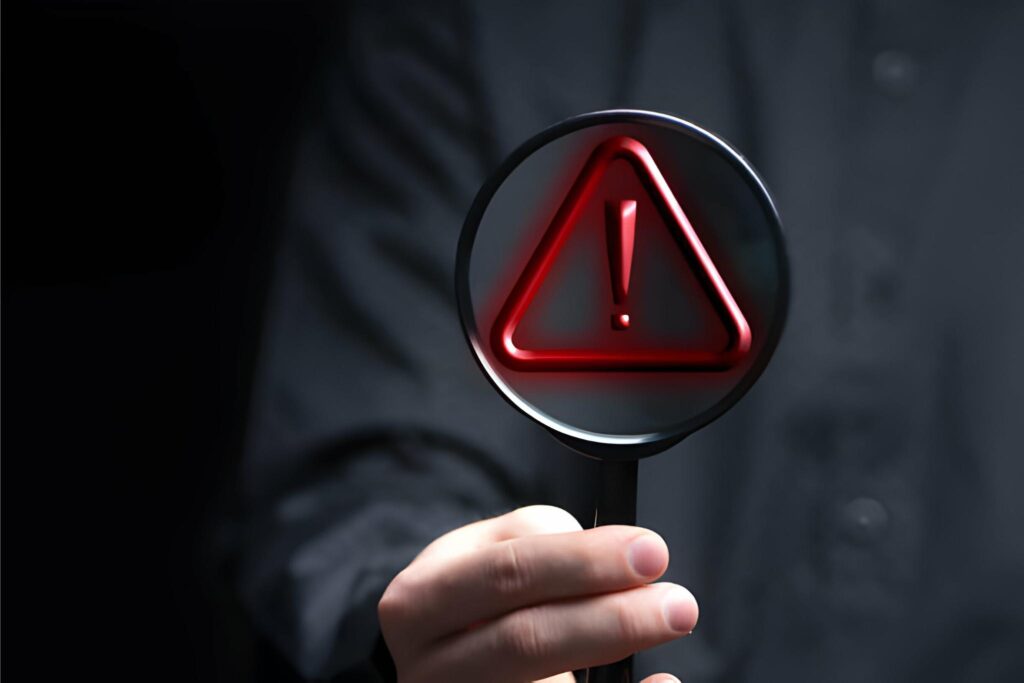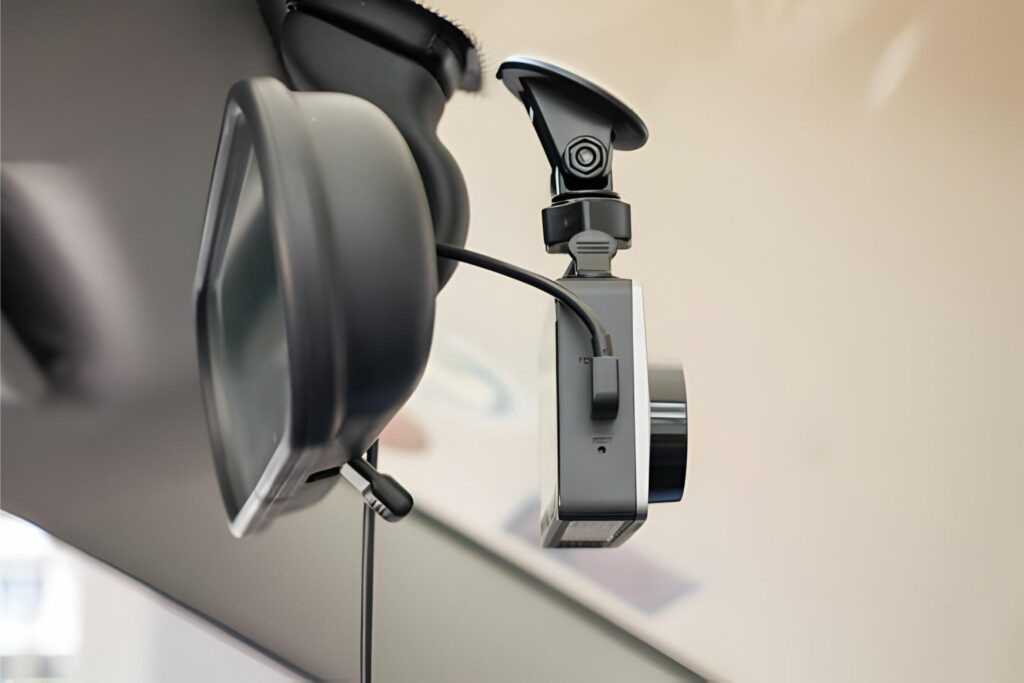Modern vehicles increasingly rely on Advanced Driver-Assistance Systems (ADAS) to enhance safety and comfort. Features like automatic emergency braking (AEB) and lane departure warning (LDW) depend on accurate sensor data to function effectively.
Unfortunately, neglecting ADAS sensor calibration or ADAS system calibration, which ensures sensor accuracy, can lead to a series of concerning consequences that impact both safety and the driving experience.
CONSEQUENCES OF UNCALIBRATED ADAS:
Malfunctioning Safety Features:
Uncalibrated sensors can generate inaccurate data, resulting in malfunctions within ADAS systems, potentially jeopardizing safety and the effectiveness of advanced driver assistance features.
- Delayed or missed braking by AEB, increasing the risk of rear-end collisions.
- False or missed lane departure warnings by LDW, reducing driver awareness and potentially leading to lane departure accidents.
- Erratic speed control or sudden braking by adaptive cruise control (ACC), compromising passenger safety and increasing the risk of collisions with following vehicles.
- Inaccurate or missed traffic sign recognition (TSR) by the system, potentially leading to traffic violations and safety hazards.
INCREASED RISK OF ACCIDENTS:
Uncalibrated ADAS hinders a driver’s ability to:
- Accurately assess surrounding conditions: Unreliable sensor readings might mean drivers don’t know about dangers ahead. This could make it harder for them to stay safe on the road.
- React effectively to potential hazards: Malfunctioning ADAS might give late or wrong warnings, making it harder for drivers to react quickly and avoid accidents, putting their safety at risk on the road.
These contributing factors substantially raise the overall risk of accidents occurring on the roadways, posing significant concerns for driver safety and public well-being.
INCREASED DRIVER STRESS AND FRUSTRATION:
Unreliable system behavior and frequent false alarms can be a source of:
- Anxiety: Malfunctioning ADAS features can lead to driver anxiety and stress due to their unpredictable behavior, further affecting the overall driving experience and potentially compromising road safety.
- Fatigue: The persistent necessity of maintaining extra vigilance owing to unreliable warnings may induce driver fatigue, thereby further deteriorating their capability to effectively control the vehicle and ensure safe navigation on the roadways.

POTENTIAL WARRANTY COVERAGE ISSUES:
When ADAS malfunctions occur due to irregular calibration, certain manufacturers might choose to nullify warranty coverage. Consequently, car owners could find themselves burdened with the financial responsibility of costly repairs and maintenance.
REDUCED FUEL EFFICIENCY:
Certain advanced driver assistance system (ADAS) features, like adaptive cruise control, rely on accurate sensor data to optimize fuel efficiency by automatically adjusting the vehicle’s speed to maintain a safe distance from other vehicles. However, when these sensors are not calibrated correctly, the accuracy of the data they provide may be compromised.
As a result, the ADAS features may not function optimally, leading to inefficient operation and increased fuel consumption. This can have a significant impact on the overall fuel economy of the vehicle, ultimately resulting in higher fuel costs for the driver.
HIGHER INSURANCE PREMIUMS:
Certain insurance companies might view uncalibrated ADAS systems as a safety concern, potentially leading to increased premiums for vehicles experiencing calibration problems. This can financially burden vehicle owners and underscore the importance of regular sensor calibration.
DECREASED RESALE VALUE:
Prospective car buyers might hesitate to purchase vehicles equipped with uncalibrated ADAS, resulting in a depreciation of their resale worth. This underscores the importance of maintaining proper calibration for optimal vehicle value retention
POTENTIAL LEGAL RAMIFICATIONS:
In the unfortunate event of a collision, if uncalibrated ADAS is determined to have been a contributing factor, it may result in legal ramifications for the driver, potentially adding complexity to the post-accident proceedings.
REDUCED TRUST IN ADAS TECHNOLOGY:
Repeated malfunctions can undermine driver confidence in ADAS technology, possibly impeding the acceptance and progress of future advanced driver-assistance systems. This underscores the importance of reliability and performance in enhancing trust and advancing automotive safety technology.

WHAT HAPPENS IF YOU DON’T CALIBRATE A WINDSHIELD?
Replacing a windshield can affect the alignment of sensors mounted on it. In such cases, ADAS sensor calibration becomes crucial to ensure the continued functionality of these safety features.
THE IMPORTANCE OF PROFESSIONAL ADAS SYSTEM CALIBRATION:
Choosing professional ADAS calibration is crucial for ensuring the optimal performance and safety of your vehicle’s advanced driver assistance systems (ADAS). Regular calibration is prioritized to guarantee accurate sensor alignment, especially after windshield replacements, sensor adjustments, or collision repairs.
Opting for professional calibration services, like offered by Speedy Windshield Repair, ensures thorough calibration, thereby maximizing the effectiveness of your vehicle’s safety systems and enhancing road safety.
FINAL THOUGHTS:
In conclusion, it’s imperative to prioritize ADAS sensor calibration and ADAS system calibration to mitigate potential risks and ensure optimal safety on the road. Neglecting these essential calibrations can lead to serious consequences, impacting both driver safety and financial stability.
By recognizing the critical role of ADAS sensor calibration and ADAS system calibration and investing in professional services, such as those provided by Speedy Windshield Repair, drivers can maximize the effectiveness of their vehicle’s safety systems, thereby enhancing overall road safety for themselves and others.

